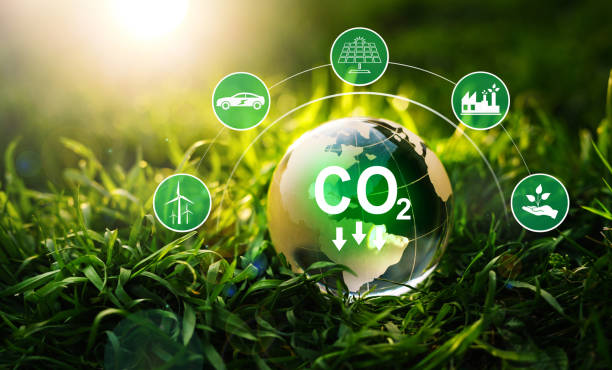
FAQ About Green Economy
Green Economy
2 years ago | gizem
What are the key principles of the Green Economy?
The Green Economy is guided by several key principles that underpin its approach to sustainable development, environmental protection, and social well-being. These principles help shape policies, strategies, and actions aimed at fostering a more equitable and ecologically responsible economy. Here are the key principles of the Green Economy:
- Sustainability: The Green Economy prioritizes long-term sustainability by ensuring that economic activities do not compromise the ability of future generations to meet their own needs. It seeks to harmonize economic, environmental, and social goals.
- Resource Efficiency: This principle emphasizes the efficient use of natural resources, reducing waste and minimizing environmental impacts. It encourages recycling, reusing, and reducing the consumption of finite resources.
- Environmental Stewardship: The Green Economy promotes responsible and ethical management of natural resources, ecosystems, and biodiversity. It aims to preserve and restore ecosystems, while minimizing harm to the environment.
- Equity and Social Inclusion: Social equity is a cornerstone of the Green Economy. It ensures that the benefits of sustainable development are accessible to all members of society, addressing poverty, inequality, and marginalized populations.
- Green Innovation: The Green Economy encourages the development and deployment of innovative technologies, practices, and solutions that address environmental challenges, enhance resource efficiency, and drive sustainable development.
- Renewable Energy Transition: A core principle is the transition from fossil fuels to renewable energy sources like solar, wind, hydro, and geothermal power. This shift is essential to reduce carbon emissions and combat climate change.
- Circular Economy: The Green Economy promotes the adoption of a circular economy model, where products and materials are designed for durability, repairability, and recycling to minimize waste and resource consumption.
- Integrated Planning: It encourages integrated and holistic planning that considers economic, environmental, and social factors, fostering better decision-making and minimizing unintended negative consequences.
- Partnerships and Collaboration: The Green Economy recognizes the importance of partnerships between governments, businesses, civil society, and international organizations to collectively address complex environmental and social challenges.
- Pollution Prevention: The Green Economy prioritizes pollution prevention at its source, aiming to reduce pollution and minimize harm to human health and the environment through cleaner production processes and waste management practices.
- Ecosystem Services Valuation: Recognizing the value of ecosystem services (such as clean water, pollination, and carbon sequestration), the Green Economy emphasizes the importance of preserving natural ecosystems to ensure sustainable benefits for society.
- Policy Integration: It calls for the integration of environmental considerations into all levels of policy-making, recognizing the interconnectedness of economic, social, and environmental systems.
- Inclusive Green Growth: The Green Economy seeks to achieve inclusive economic growth that promotes well-being for all while minimizing negative environmental impacts.
- Transparency and Accountability: Transparency in reporting environmental and social performance, and accountability for sustainable practices, are vital principles within the Green Economy.
- Global Responsibility: The Green Economy acknowledges the shared responsibility of all nations to address global environmental challenges and work collaboratively to achieve sustainable development.
